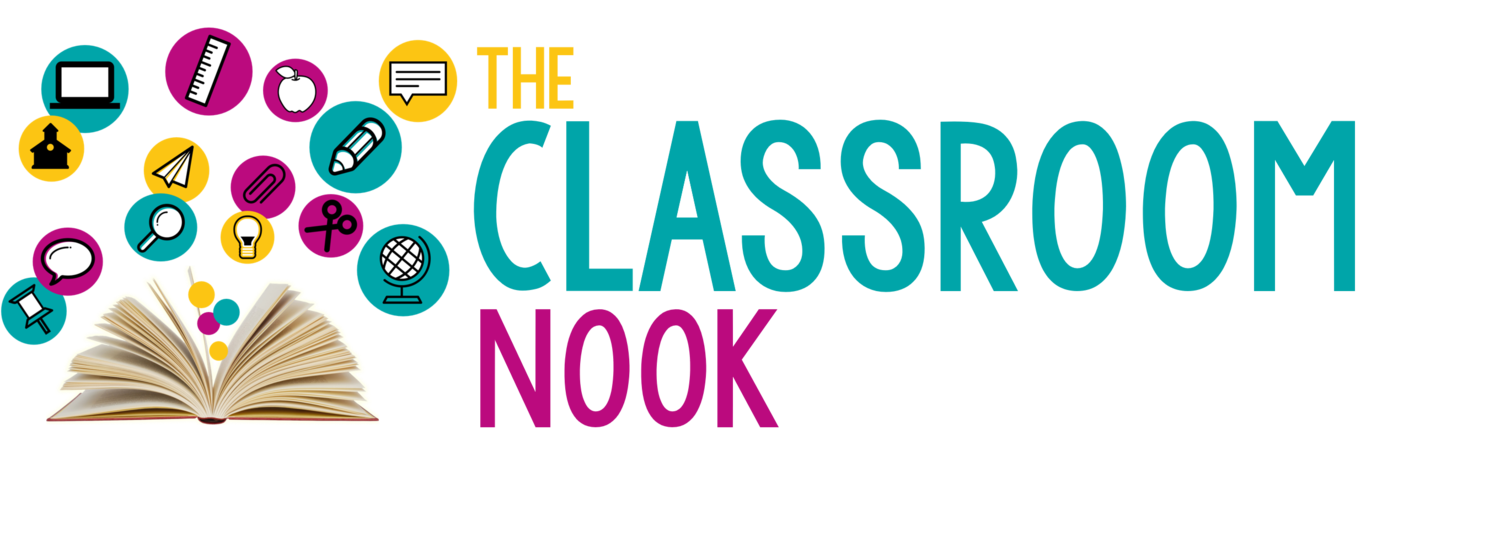Creating Independent Readers in Readers Workshop
Interruptions when I'm meeting with guided reading groups or conferencing with a student would drive me MAD! You too?
It would break my concentration, the concentration of the students I was working with and would decrease the productivity of everyone involved!
Over the years, I got better at working to solve the problems before they occurred to cut down on these interruptions and I want to share these tips with you in today's post.
I've read somewhere that successful classroom management can be measured by the self-sufficiency of your students. Meaning - as you look around your classroom, students are working seamlessly as if you don't even exist.
Sounds nice, right?
Although that may not be 100% achievable, there are definitely things that you can do up front to get closer to that utopia.
In fact, at the beginning of the year, I teach an entire lesson all about how students can take care of themselves during reader's workshop.
I begin my lesson with this anchor slide:
We chart up EVERYTHING we can possible think of. Here's a typical list:
my pencil breaks
someone is bothering me while I'm trying to read
I finished my book before time was up
I need a new _______
I have a question about _______
I can't figure out a word in my book
I lost my _________
I need help with ________
The listening center isn't working
I let students start the list and then I add my own common problems that I know from experience will pop up during reader's workshop.
We then work together as a class to create a list of solutions for each problem on the chart. AT ALL COSTS, I avoid writing "get a teacher to help you" as a solution. I want to empower students to solve their own problems and to help each other first BEFORE resorting to getting a teacher.
If new problems arise that aren't already listed on my chart, we add them along with solutions when we come back together at the end of reader's workshop.
I also appoint different students as "Reader's Workshop Experts" that students can go to if they have a question or a problem. These experts have been identified by myself as students who typically make good choices during reader's workshop and could offer good advice and solutions to other students who need assistance during reader's workshop.
I switch up who I choose as my experts as to not always put the burden on the same student. Students however typically LOVE this role of "authority" and it often encourages other students to show me that they are ready to take on this role as "Reader's Workshop Expert."
Of course there will also be that "special circumstance" that isn't general enough to put on our problem/solution chart. For these cases, I keep a blank piece of chart paper and marker in a central location where I can see it from wherever I am in the classroom during reader's workshop.
If students feel that the problem/solution chart couldn't help them AND the "Reader's Workshop Expert" was unable to help them, they are invited to write their problem on the chart paper. When I see a problem written on this chart, I can glance at it and decide if it needs immediate attention or not. Students are instructed to continue some type of reading activity until I can stop what I am doing to assist them, if needed.
Of course, this is never a one and done lesson. If fact, I plan on revisiting this lesson for the first couple of months of school and anytime I introduce something new during reader's workshop.
You May Also Like to Read: LAUNCHING READERS WORKSHOP
READY FOR MORE?
I have an entire unit on reader's workshop that includes a lesson on teaching students to take care of themselves during reader's workshop along with tons of other start-up lessons when launching reader's workshop. You can check it out HERE:



